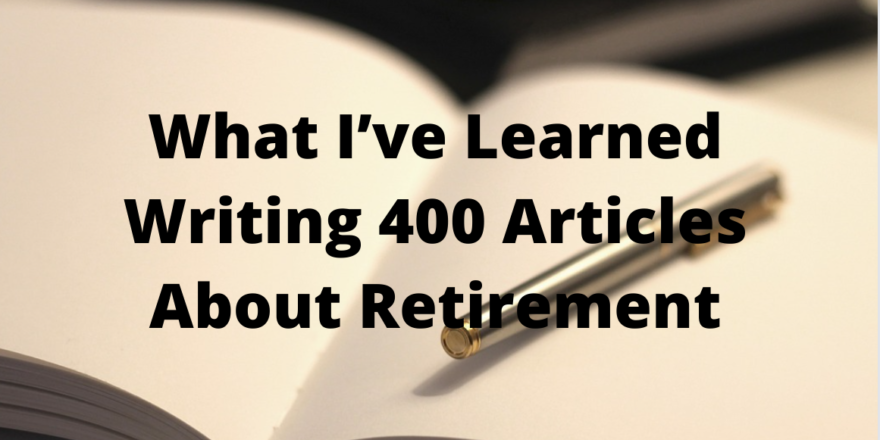Retirement planning may not be at the forefront of every twenty or thirty-something’s mind. However, starting early could mean the difference between a retirement spent in comfort or want. With social security’s uncertain future and the rising cost of living, the sooner you embark on saving for retirement, the better. Managing your retirement savings wisely will ensure a peaceful and fructiferous future. Learn the strategies now for building a substantial 401(k) balance [United States.]

By Dan Coconate
Special to Financial Independence Hub
Today, a robust 401(k) plan is more crucial than ever for securing your retirement. Understanding how to manage your contributions and investments effectively can set you on the path to Financial Independence. As the traditional employer-sponsored pension system becomes less common, individuals are increasingly responsible for their retirement savings.
By taking advantage of employer contributions, understanding investment options, and reviewing your plan, you can cultivate a retirement savings strategy that prepares you for the future and helps you build financial confidence. These strategies for building a substantial 401(k) balance will ensure it becomes a strong pillar of your retirement portfolio.
Choose the Right Investment Options
Most 401(k) plans offer various investment options, and selecting the right mix can directly impact your retirement savings. Investments fall primarily into stocks, bonds, and mutual funds or ETFs, all carrying different risk levels and potential returns. A balanced portfolio that reflects your risk tolerance, investment timeline, and financial goals can better weather market fluctuations. Review your options regularly and consider rebalancing your portfolio to adapt to any changes in the market or your personal situation.
Gradually increase Contributions
If you’re hesitant about contributing a significant portion of your salary to your 401(k) from the outset, consider implementing a gradual increase plan. Many employers allow you to set up automatic annual increases in your contribution percentage. Taking advantage of raises or bonuses to boost your contributions ensures that you consistently increase your savings without feeling the financial strain of a sudden change.
Regularly Review your Plan
Conducting annual reviews of your 401(k) to ensure it remains aligned with your financial objectives is vital. Life changes, such as starting a family or changing careers, can shift your needs and goals, requiring adjustments to your retirement strategy. Continue Reading…







